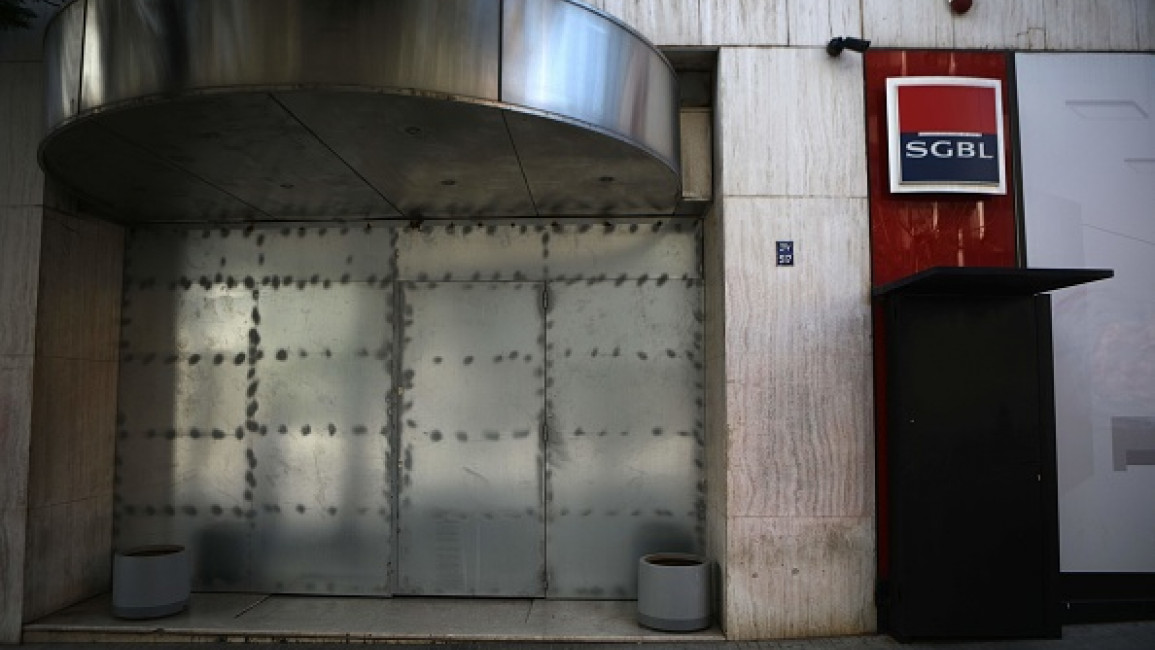Lebanon sets financial losses at $68-69 billion after months of hand-wringing
Lebanon’s Deputy Prime Minister Saadeh al-Shami told Reuters on Tuesday night that Lebanese officials have agreed that the country’s financial losses are equivalent to an amount between $68 and $69 billion.
The value of Lebanon’s financial losses was a key sticking point between the government and the banking sector, and a lack of consensus has prevented negotiations with the International Monetary Fund (IMF) from moving forward. The government floated the same figure last year, but the central bank disputed the scale of losses.
The government and banking sector have yet to decide on who the burden of losses will fall on. A recent draft law, which sought to impose capital controls, failed to pass parliament due to widespread criticism that small and medium-sized depositors would bear the bulk of the country’s financial losses.
An agreed-upon figure for losses is a first step towards progress in the negotiations with the IMF and to unlock much-needed international aid.
Lebanon has been embroiled in a punishing economic and financial crisis since fall 2019, with soaring food prices and over two-thirds of the population plunged into poverty. Basic services are also scarce, with the government unable to provide more than two hours of electricity a day to its population.
The national currency has lost over 95 percent of its value over the same period of time, creating shortages of basic goods as a foreign currency crunch hamstrings importers. In recent days, the freefall of the Lebanese lira has accelerated, with the US dollar trading at an unprecedented 29,000 lira on Tuesday night. The official rate is still 1,500 lira to the dollar.
Analysts have speculated that the recent plunge in the lira is a result of a recent central bank decision to increase the rate at which depositors can withdraw money from their accounts. The decision, which allows depositors to withdraw money from their accounts at the rate of 8,000 lira to the dollar instead of the old rate of 3,900, has been accused of aggravating inflation.
The international community has pledged billions in aid to Lebanon, most notably at the CEDRE conference in 2018. However, donors have said that they will not hand over aid until the political class makes economic and political reforms. What little aid has come in to the country has either gone straight to NGOs or has been in the form of in-kind donations, such as food aid to the army.
Negotiating a successful aid package with the IMF would restore some confidence in Lebanon and could bring in even more international assistance.



